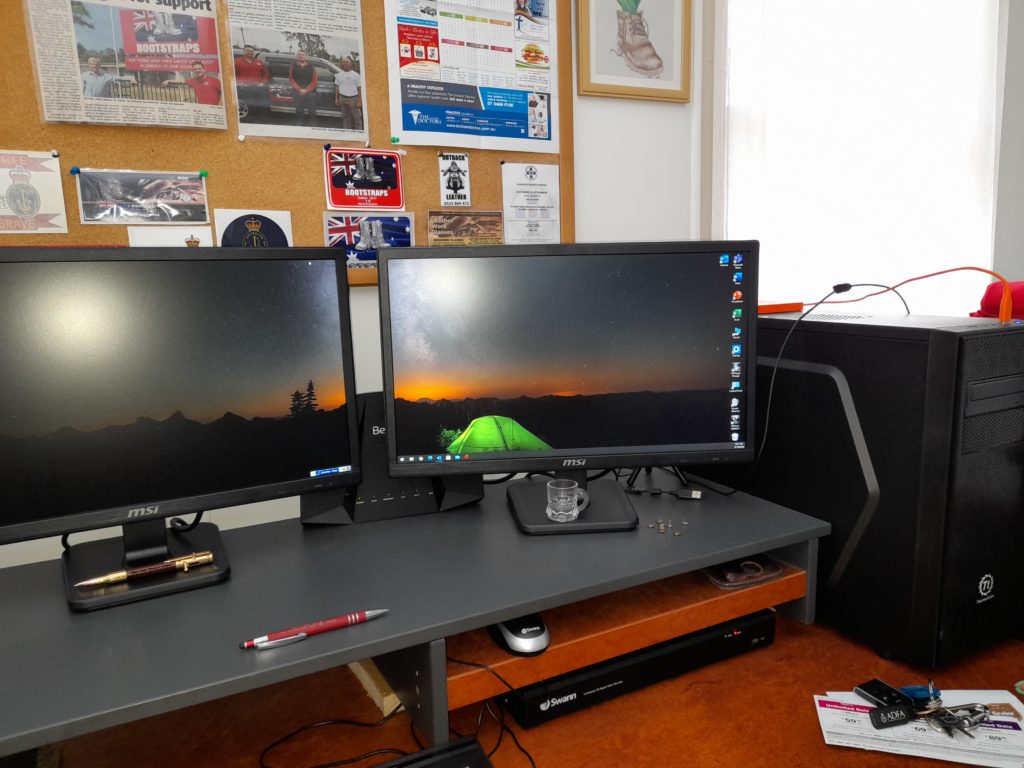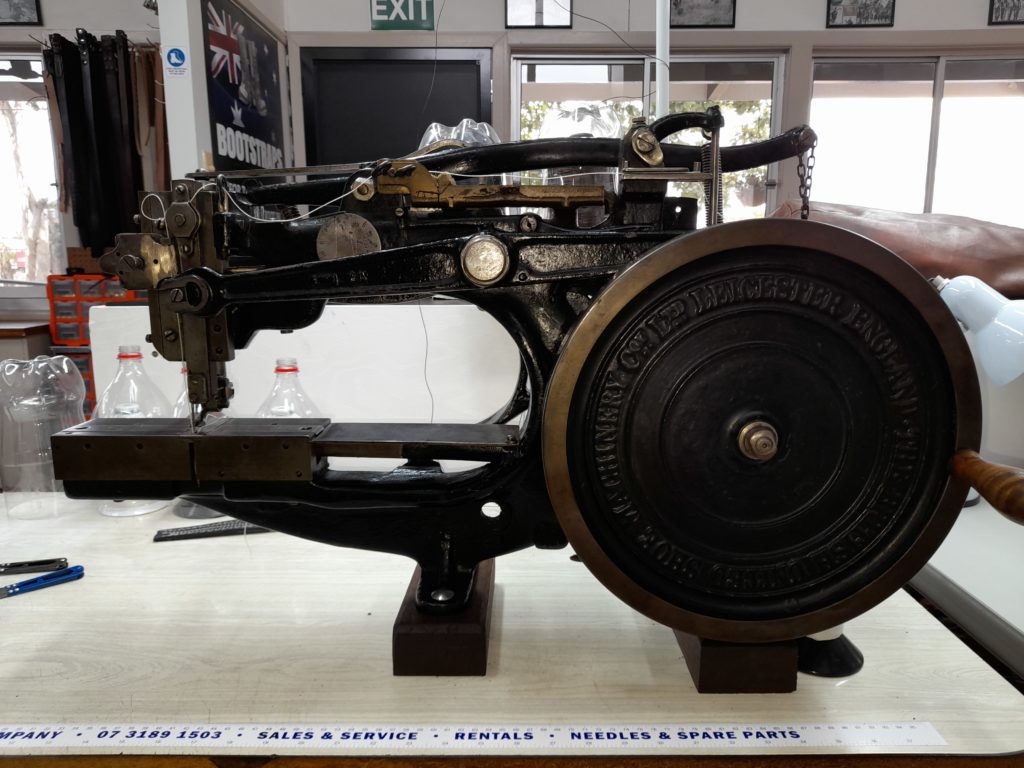Foundation for Rural & Regional Renewal (FRRR)

An innovative program drawing on the personal experience of its founder’s family is making an impact on veterans and current service personnel in Queensland’s Lockyer Valley.
Bootstraps is a volunteer-operated charity that runs a drop-in recovery centre for former service personnel who may be having difficulties connecting with family or society at large. Given the proximity of the RAAF Base at Amberley, Army Aviation at Oakey and Signals Regiment at Cabarlah, and with RSL Sub-Branches dotted through the Lockyer Valley, the organisation is well-located to offer this support.
President and founder of Bootstraps, Sam Kavanagh, was taught leatherworking by his father, who was in the air force and practised this craft as a kind of therapy. Building on this, as part of its offering, Bootstraps runs a leatherworking program to facilitate reconnection and social interaction. Ex-service personnel, current serving personnel and their families take priority, but space allowing, the program is open is open to anyone in the community.
The organisation needed some equipment to deliver the program and applied to FRRR for funding for an industrial leather sewing machine and a new computer, which they received in the form of a $5,407 Strengthening Rural Communities grant, funded by The Sylvia & Charles Viertel Charitable Foundation.
The computer replaced a small inefficient laptop and enhances the organisation’s day-to-day communications and planning, while the sewing machine supports every level of the Bootstraps leatherwork training program. The model chosen is capable of being hand-cranked, which facilitates use by veterans with lower limb disabilities in particular, and those confined to a wheelchair.
The grant application noted, “There are not many (if any) families in the Lockyer Valley that do not have a military and/or a horse connection that could benefit from the leatherwork activities run by Bootstraps.”

At the time of reporting, Bootstraps noted that more than 250 patrons have used the Bootstraps facilities, including the new leather sewing machine. The new IT facilities have meant better access and clearer information is available to the public about the program, via a more responsive and efficient website and communications.
These important pieces of equipment will help the program’s participants further their craft, while enabling social connection and helping veterans and the general community remain in a good head-space.
Following the devastating flood that ripped through the Lockyer Valley in 2011, the Lockyer Valley Regional Council established an FRRR Regional Donation Account as a fundraising avenue to address a number of community priorities as the recovery process began.
It didn’t take long for the Regional Donation Account to have a rather healthy balance, thanks to donations made from local businesses, community members and access to philanthropic grants, and the benefits to the community have been immense. One project in particular that has been funded from the Donation Account has been a targeted weed eradication program to preserve farming and grazing land. The seeds of weeds washed down in floodwaters has triggered an infestation throughout the Lockyer Valley, particularly of the declared Parthenium weed.
Donation Account funds community projects
Under the Land Protection Act (2002) landowners are required to control pest animals and plants on their property. Most control methods for pest plants employ the use of spray equipment. The LVRC recognised that not all landholders have ownership of herbicide spray equipment and established the Community Herbicide Spray Equipment Program to assist landowners to eradicate declared weeds.
Funds from the Donation Account have been used for the purchase of herbicide chemical and the construction of three purpose built weed spray trailers, which landholders are now able to borrow (free of charge, with a bond) to assist in the control of weeds on their properties.
Practical support invaluable as community continues recovery
This type of practical support to assist landholders with the large task of weed management is aiding struggling communities to focus upon further tasks within the huge, costly and demanding task of rebuilding following the 2010/2011 flood event. It takes up to 10 years for communities to recovery from a natural disaster – the weed project fours years on is testament to the marathon efforts of the Lockyer Valley community.

